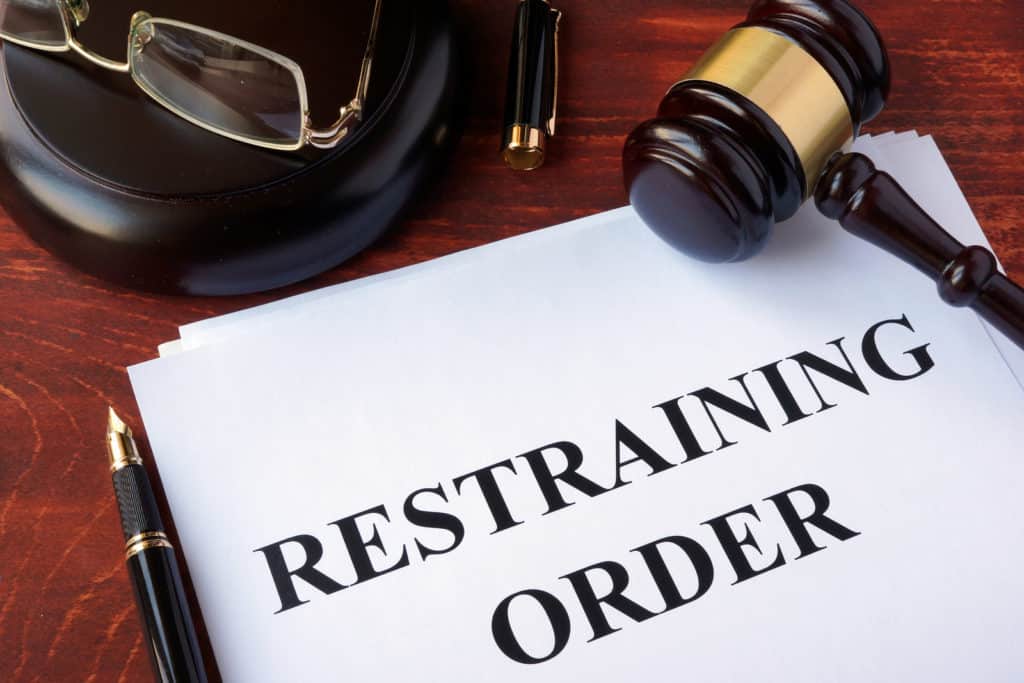Court orders issued during or after a divorce are legally binding, meaning both parties are legally obligated to comply with the conditions in the order. But what if your ex fails to comply with the order?
Whether it’s child support, property division, or alimony, failure to comply can cause a great deal of frustration and place undue stress on the affected spouse.
Here’s what can happen if your ex refuses to comply with a court order:
Filing an Enforcement Motion
Unless your ex is significantly behind in child support payments, the police are unlikely to show up at their door.
It is up to you to inform the court of your ex’s violation of the order and to petition the court to force your ex to comply.
Some states call this an “enforcement motion,” while others refer to this as a “motion of contempt.” Your ex will receive a notice of the motion and a court date.
Affirmative Defense
If your ex cannot comply with the court order, an “affirmative defense” may be presented in court. Whatever the violation, your spouse must demonstrate that they could not comply.
For example, your ex may be unemployed and unable to find a job, making it virtually impossible to meet child support or alimony obligations.
Without ample support or evidence to back such a claim, your ex may face serious consequences for violating the court order.
Contempt of Court
The violation of a court order can happen at any time during or after the divorce proceedings. In most cases, infractions include failure to pay child support or alimony, failure to comply with visitation agreements, or failure to distribute assets as outlined in the divorce agreement.
If your ex willfully or intentionally fails to comply with a court order, they may be found in contempt of court.
The keywords here are intentional and willful.
In order for your ex to be found in contempt, you must prove that they:
- Knew of the court order,
- Could comply with the court order but violated the conditions intentionally, and
- Lacks a good cause or justification for violating the order.
“The burden of proof lies on the accuser,” says a law firm representative specializing in divorce. “Accusers need to provide evidence to support their claim, so it’s important to have proof before even filing for contempt.”
For example, if your ex-spouse did not allow you to see your children during the scheduled visitation time, you would have a difficult time convincing the court if they had a valid excuse for the missed visit.
Civil and Criminal Penalties
If your ex is found in contempt of court, they may face civil and criminal charges. These penalties may include fines, attorney fees, jail time, or compensatory visitation time.
While jail time is a possibility, it is rarely the outcome. Generally, the court is just looking to get the party to comply with the order. The threat of jail time is often enough to get the party to comply with a court order.



